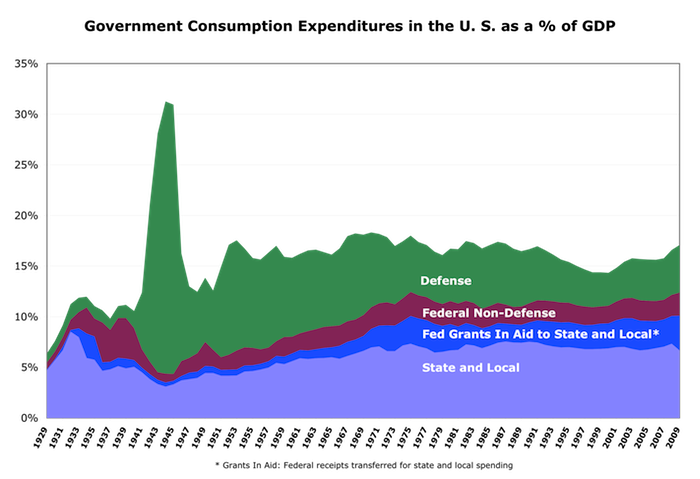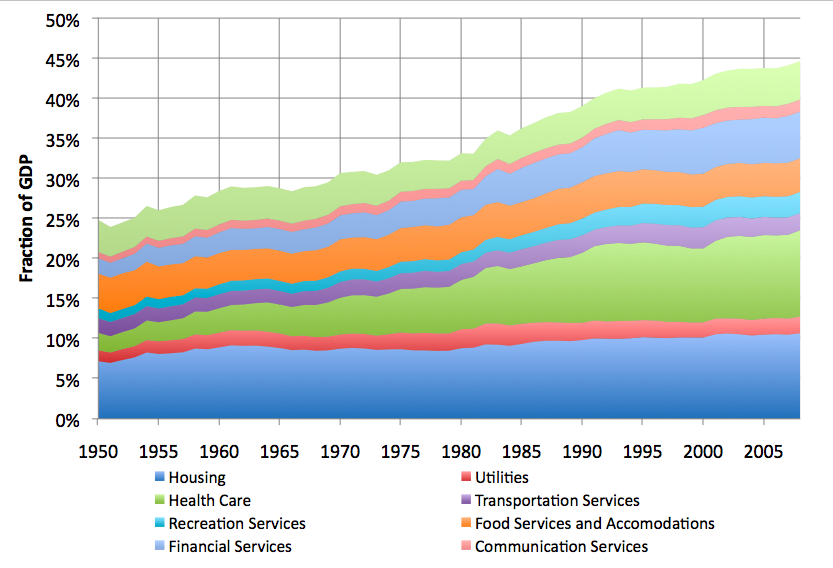Re: Some of the Wealthy Asking to Be Taxed
Thanks for the correction. "Heard it from the grapevine" tends to result in the need for such things.
Buffet's proposals are still, however, quite irresponsible from a realistic perspective. Let him try it out on his own time and dime and see how it works out--have him create his own experimental microcosm where the people that work under him (all of them except his upper managerial talent) get pensions for no contributions whatsoever, and let him pay for it strictly from his combined income and no liquidation of any stored wealth whatsoever.
Originally posted by c1ue
View Post
Buffet's proposals are still, however, quite irresponsible from a realistic perspective. Let him try it out on his own time and dime and see how it works out--have him create his own experimental microcosm where the people that work under him (all of them except his upper managerial talent) get pensions for no contributions whatsoever, and let him pay for it strictly from his combined income and no liquidation of any stored wealth whatsoever.




Comment